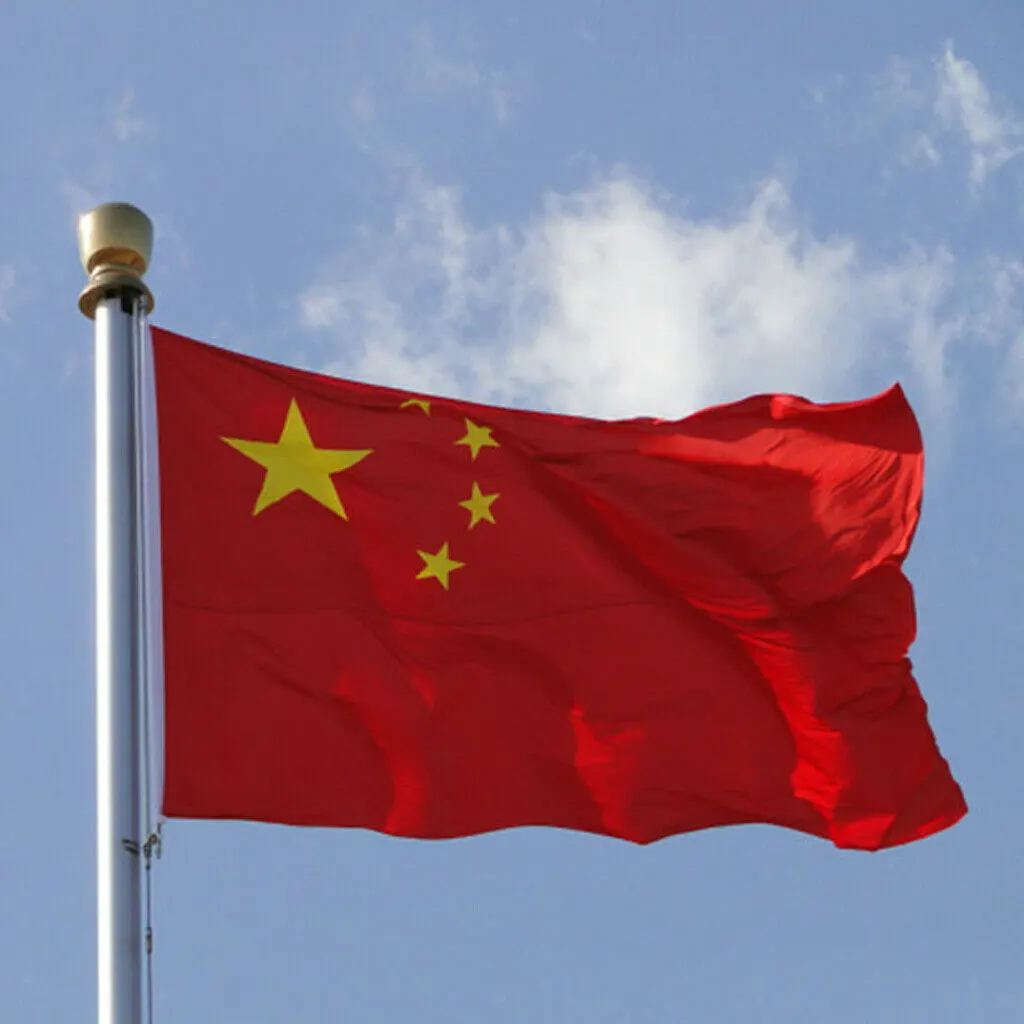Staff Reporter
Islamabad
A report published by the Asian Development Bank (ADB) in December 2009, stated that over 450 local licensed manufacturing operations in Pakistan have less than USD 1 million of annual sales or are operating on less than the minimum critical mass required for an efficient and cGMP compliant manufacturing facility. This situation has been aggravated over the years as a result of the licensing authorities awarding drug manufacturing licenses without taking into consideration the long term commercial viability of each facility and the ability of the local manufacturer to continue to reinvest in regularly upgrading its facility to changing global cGMP requirements.
An efficient use of such facilities would be to allow them to become a Contract Manufacturing Organization (CMO). A CMO is a company that serves other companies in the pharmaceutical industry on a contract basis to provide comprehensive services from drug manufacturing, generating and maintaining formal batch stability data, building scale in sourcing of raw and packaging materials, providing other logistical services including primary warehousing and transport.
This allows major pharmaceutical companies to outsource those aspects of the business, which can help with scalability or can allow the client company to focus on introducing and commercializing new and improved drugs without incurring high initial overhead costs.
Unfortunately, the existing regulatory mechanism governing the use of contract manufacturing organization’s (CMOs) does not take into account the vast opportunities available to local manufacturers and is in fact constraining the local industry from benefiting from partnerships with global players.
India has capitalized on this, The ‘Make in India’ campaign launched by the Government of India is designed to encourage companies to manufacture their products in India for both the domestic market as well as for exports. As a result, India emerged as the top destination globally for foreign direct investment, surpassing the United States of America as well as the People’s Republic of China.
Many of the global Fortune 500 companies are actively seeking partnerships with local Indian pharmaceutical manufacturers and assigning contract manufacturing rights for their globally recognized brands. This constitutes a ‘win-win’ relationship for both partners with the local Indian manufacturers gaining economies of scale as well as technology transfer enabling them to supply to global markets competitively.
On the other hand, the current legislation in Pakistan governing Contract Manufacturing, SRO 152(I)/2014 dated March 05, 2014, restricts contract manufacturing for export purposes only thereby limiting MNCs from providing access to the same medicines to the local population. In addition, it also limits the number of products a CMO can manufacture to 05 per section only up to a maximum of 30 products. Contract manufacturing for sales in the domestic market is limited to a maximum of 2 years.
“The objective of the regulator to enforce such restrictions is based on the assumption of assuring traceability of drugs to the manufacturer and forcing MNCs to set up own local manufacturing operations with the erroneous belief that this will generate employment,” said Shahab Rizvi, former president OICCI and former chairman, Pharma Bureau.
Such restrictions have unfortunately proved counterproductive and have not helped in building scale in the local manufacturing sector. While selling prices remain under a draconian regulatory ceiling, restricting manufacturers from gaining production efficiencies has only reduced productivity of the local manufacturing sector and driven out or deterred major global multinational companies from investing in Pakistan,” he added.
This phenomenon is increasing reliance on imported newer medicines rather than fostering import substitution as well as increasing the export potential of the local pharmaceutical sector.











